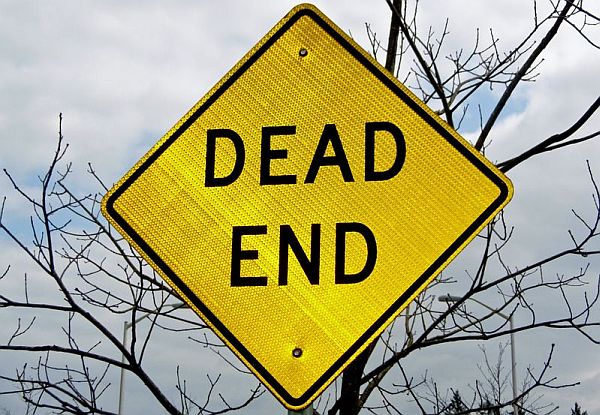21 May 2014

Budgets, like energy policy, demand we put the short-term aside. But the nature of the debates on both subjects does not augur well for the future.
Have we reached the stage in Australia where our capacity to take hard public policy decisions is seriously diminished?
It is a question worth asking in an environment characterised by the present federal budget debate, the recent moves against coal seam gas development in New South Wales and, not so long ago, the Victorian government distancing itself from Peter Reith’s sensible recommendations on that state’s gas supply future.
Last year Paul Howes, talking about CSG, called on the mainstream parties to “move to the sensible middle of Australian politics” and not to allow themselves to be bullied by activists.
As the budget debate illustrates, this point can be made with respect to much more than energy strategy and policies.
A week after its delivery, the budget’s success is being weighed by how it positions the government and the opposition in opinion polls, not by whether it restores our public finances to a more sustainable footing.
The most critical numbers, it appears, are the primary votes of the major parties and the satisfaction ratings of their leaders.
Self-interest triumphs again over the national interest.
Our high reliance on personal and corporate tax making it a challenge to even maintain the current levels of income over the medium term, let alone fund the increases required to meet budget outlays. Yet there is vocal resistance to progressively increasing reliance on indirect taxes.
At the same time, there is a tragically naïve belief that governments can continue to increase public expenditures indefinitely, despite Treasury analysis showing that real growth in payments has increased by significantly more than real GDP over the past decade. And that is before the pressures of our ageing population and declining workforce participation rate really begin to bite.
The nexus between the budget challenges and gas projects lies in how developing national resources also contributes to maintaining the rate of growth in our living standards. Neither is easy. To fund developments, resource investors have to compete successfully for investment funds to meet Asia’s and our own needs for energy and services.
Achieving this delivers domestic gains in the shape of employment and a direct contribution through growing taxation payments.
Gas is not the only factor in our resources hand, but played right, it can deliver sustained major benefits for Australian society.
The troubles that a radical minority can create in NSW (and potentially Victoria) underline the question of whether today’s policymakers can adhere to the “sensible middle” in the national interest.
The NSW problem emphasises the need for Australia to have a long-term energy plan. Failure to develop such a plan will have implications for consumers in terms of security of supply and rising costs, as well as for the whole community in terms of our economic welfare.
Achieving an energy plan requires not just undertaking reviews and canvassing opinion. It also needs government decisions that can be carried through despite populist or fringe opposition.
Australians are quick to criticise political leaders for putting off hard decisions in favour of the sugar hit of the next fortnight’s public opinion poll. But just as we have only ourselves to blame if we allow the Federal Budget to be developed in response to any part of the community that feels it is losing something, we all lose if we allow energy planning to be influenced by the fantasies of those at the fringe of Australian community thinking.
It turns provision of essential services for the mass market in to a lottery. It will only scare off investors in both energy and industrial development with major implications for the economy.
There is clear evidence from opinion polls that some 56 per cent of Australians are understandably concerned about their cost of living problems. The only issues that rival this are concerns about the cost and efficiency of health management and the lack of community infrastructure more generally.
Failure to take hard decisions across a range of policy areas, including energy, means we and our children may really end up “doing it tough” because our mainstream political leaders lack the capacity to embrace the “sensible middle” and the backbone to see necessary policies through to the end.
This blog post was first published as an opinion piece in the Australian Financial Review on 22 May.

